This course provides educators with comprehensive training in utilizing Google tools to enhance teaching and learning experiences. Participants will explore a wide range of Google applications and platforms, learning how to integrate them effectively into their educational practices. Through hands-on activities, discussions, and practical assignments, educators will develop the skills needed to leverage Google tools for streamlining communication, facilitating collaboration, and creating engaging learning environments.
Course Objectives:
- Understand the benefits of integrating Google tools in education.
- Develop proficiency in using key Google applications such as Google Classroom, Google Drive, Google Docs, Google Slides, Google Forms, and Google Sheets.
- Explore advanced features and functionalities of Google tools to enhance teaching and learning.
- Design interactive and engaging learning activities using Google tools.
- Foster collaboration and communication among students and colleagues through Google Hangouts and other collaborative tools.
- Utilize Google tools for organizing, managing, and analyzing data effectively.
- Explore additional Google tools such as Google Calendar, Google Sites, Google Keep, Google Earth, and Google Arts & Culture for educational purposes.
- Integrate Google Classroom with other educational platforms and tools to extend its functionality.
- Learn tips and best practices for integrating Google tools into the classroom.
- Access professional development and training resources for ongoing growth in utilizing Google tools in education.
Course Outline:
Introduction to Google Tools in Education
- Overview of Google tools and their relevance in education
- Benefits of using Google tools for teaching and learning
- Introduction to Google Workspace for Education
Google Classroom: Streamlining Assignments and Communication
- Setting up and managing a Google Classroom
- Creating and organizing assignments
- Facilitating communication and collaboration with students
Google Drive: Collaborative Document Creation and Storage
- Organizing files and folders in Google Drive
- Collaborative document creation and editing with Google Docs
- Sharing and managing access to files and folders
Engaging Presentations for the Classroom
- Creating visually engaging presentations with Google Slides
- Incorporating multimedia and interactive elements
- Sharing and presenting slideshows
Collecting Data and Creating Quizzes
- Creating surveys, quizzes, and assessments with Google Forms
- Analyzing responses and generating reports
- Integrating Google Forms with Google Classroom
Google Sheets: Organizing and Analyzing Data
- Creating and formatting spreadsheets with Google Sheets
- Analyzing data and creating visualizations
- Collaborative data analysis and sharing
Exploring Additional Google Tools for Education
- Managing schedules and deadlines with Google Calendar
- Building websites for educational purposes with Google Sites
- Organizing tasks and notes with Google Keep
Enhancing Learning with Google Tools
- Exploring the world with Google Earth and Expeditions
- Accessing art and cultural resources online with Google Arts & Culture
- Facilitating brainstorming and collaboration with Google Jamboard
Google Classroom Integrations and Extensions
- Extending the functionality of Google Classroom with integrations
- Exploring third-party tools and apps for educational purposes
Tips for Integrating Google Tools in the Classroom
- Best practices for integrating Google tools into teaching practices
- Strategies for promoting student engagement and collaboration
- Addressing challenges and troubleshooting common issues
Professional Development and Training Resources
- Accessing professional development opportunities for Google tools
- Online courses, tutorials, and communities for ongoing learning and support
PoA
- Reflecting on learning experiences and growth throughout the course
- Developing a personalized action plan for continued professional development
Assessment:
- Participation in discussions and activities: 20%
- Completion of assignments and projects: 50%
- Final project presentation and reflection: 30%
Note: This syllabus is subject to change based on the needs of the participants and emerging trends in educational technology.
Explore More Courses
SPCA Premium Training Courses: https://spca.education/training-and-online-courses/
-
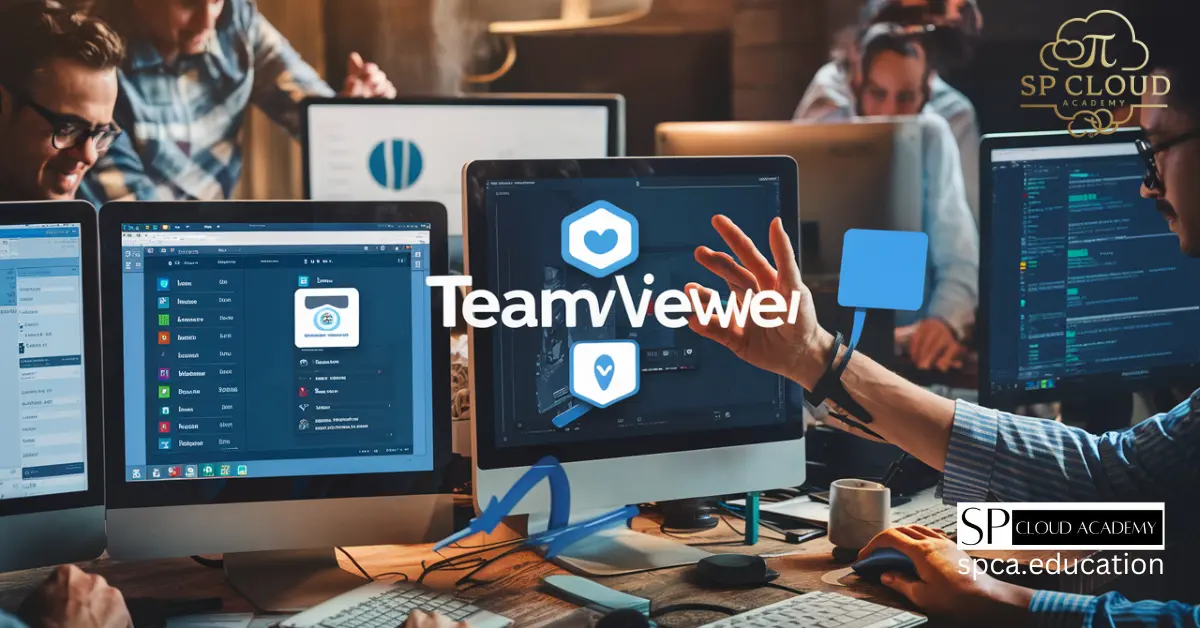
TeamViewer Full Course Syllabus with Advanced Topics
-

AI in Education: Transforming Learning and Teaching
-
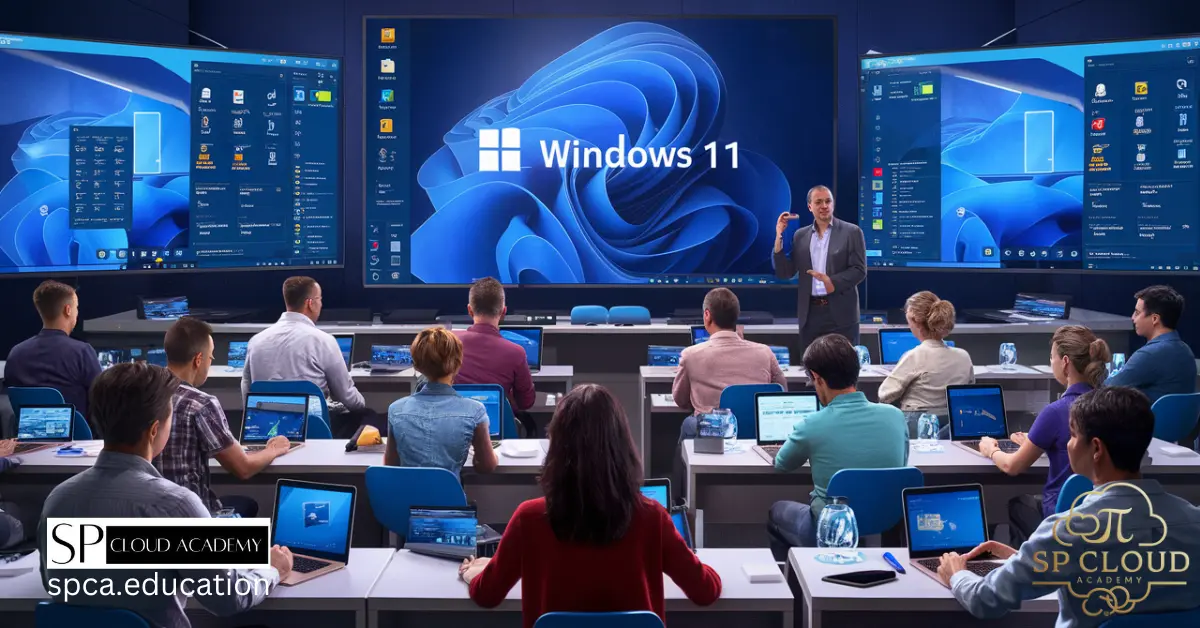
Windows 11 Advanced Course
-

Amazon Affiliate Marketing Full Course
-
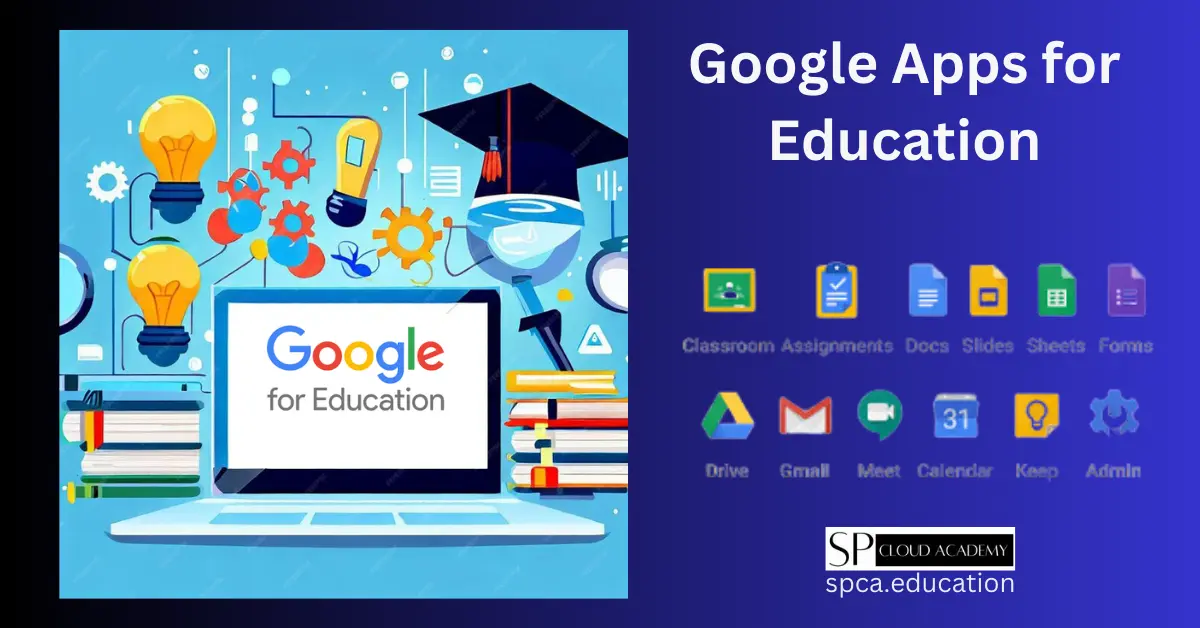
Mastering Google Apps for Education
-
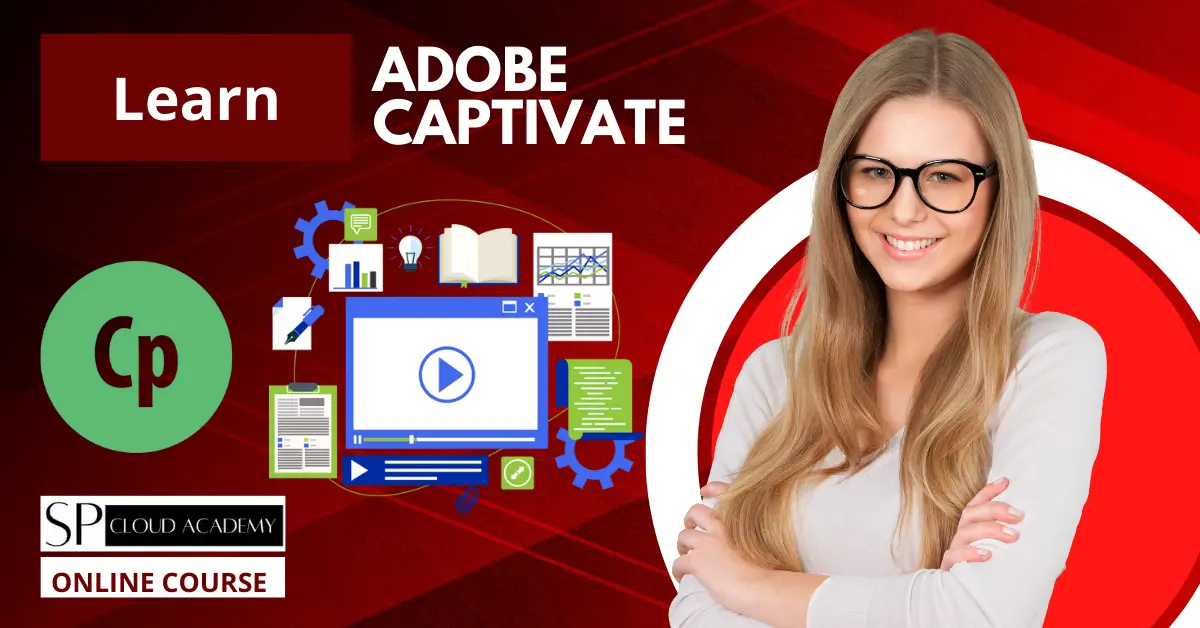
Adobe Captivate Full Course
-
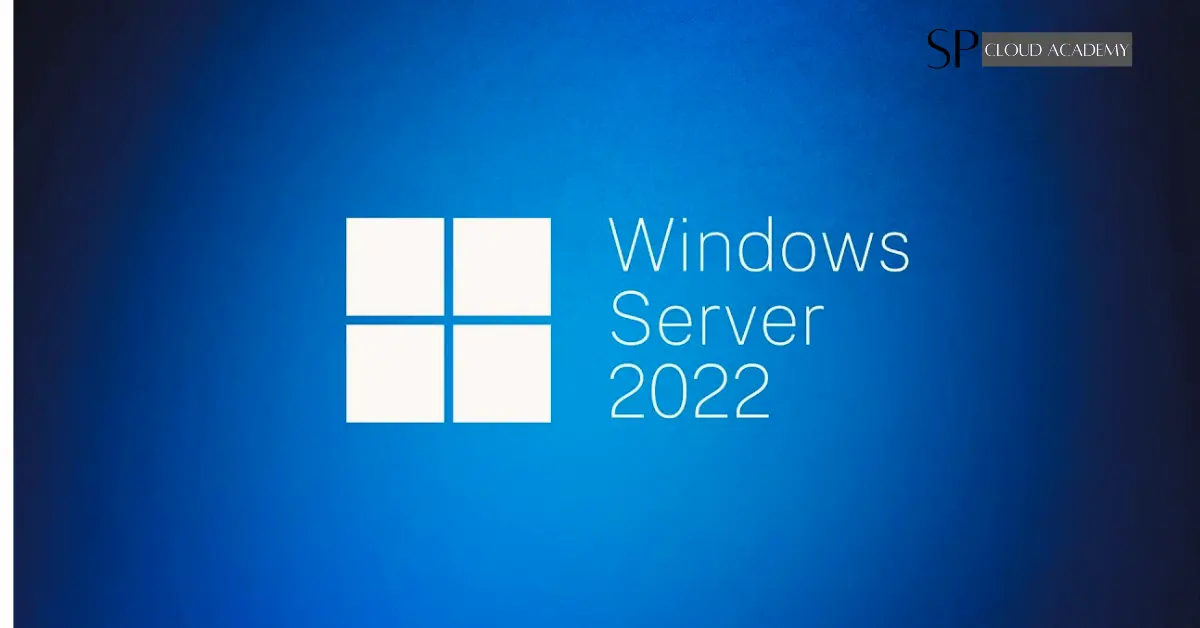
Master Windows Server 2022
-

Microsoft Azure Administration
-

MOODLE Based LMS Site Development and Administration